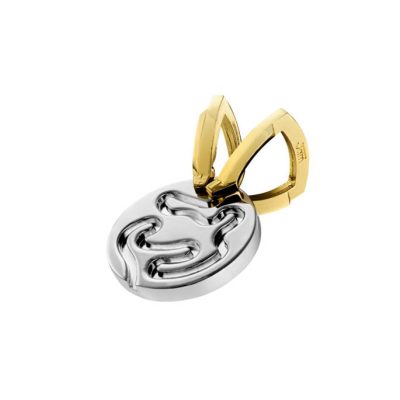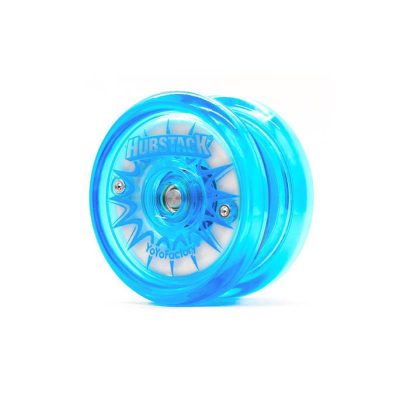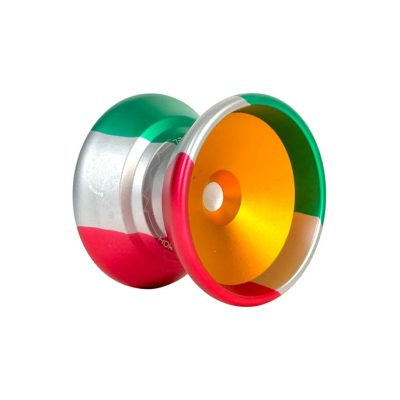-
 dave
dave
- Leestijd: 5 min
- Laatst geüpdatet: 23/12/2024
How do you start a puzzle?
Puzzling is a great way to keep your brain sharp, reduce stress and just have fun. Starting a new puzzle can sometimes be challenging, even if you are an experienced puzzler. Therefore, it is sometimes nice to have a roadmap for yourself and be able to follow it so that you create even more peace in your mind. Therefore, we have prepared some steps for you to make the beginning of a jigsaw puzzle smooth so that you can enjoy this relaxing pastime.
6 steps to start a puzzle
The beginning of a puzzle is, of course, the most difficult. Everyone starts in their own way, but even experienced puzzlers can learn something from these tips and steps we list here. If you follow these steps calmly, you can really unwind and let your thoughts go as the puzzle pieces fall together almost by themselves.
1. Choose the puzzle that attracts you the most
It all starts with choosing the right puzzle. It is important to choose a puzzle that matches what you like. If you are new to puzzling, it is best to start with a puzzle with a lower number of pieces, such as puzzles of 500 pieces or puzzles of 1,000 pieces. More experienced puzzlers can venture into more complex puzzles with thousands of pieces. So if you like to really spend a little longer on a puzzle, this is the best choice.
2. Create a spacious and quiet environment
A quiet and comfortable environment is important for fine puzzling. People often start in the middle of the living room on the floor because you have a lot of space here. But this is usually just another annoying place, because everyone almost walks through your puzzle every time, and so you also get distracted every time. So make sure you have enough space and good lighting. A sturdy table and a comfortable chair are also important for spending hours puzzling without hurting your back or neck.
3. Sort the pieces
Now that you can really start puzzling, a helpful first step is to sort the pieces. Start by sorting the border pieces, as they form the outside of the puzzle. This will help you have a basic structure that you can expand on. Then you can sort the pieces by color, pattern or subject, depending on the puzzle. This is especially useful with the big puzzles.
4. Work from the middle
After laying out the edges, consider working from the center of the jigsaw puzzle. This can help you build up the large parts of the image before focusing on the more detailed areas. It also gives you a sense of accomplishment as you progress the central part of the puzzle.
5. Keep it patient
Puzzling is an activity that requires patience. It can sometimes take a while to find the right pieces and put them in the right place. Don’t be discouraged by a moment when the puzzle pieces don’t fall together as easily. In such cases, take a break so that you can then look at the puzzle again with fresh eyes. After all, sometimes you lose track if you stare at the same thing for too long. Then when you start the jigsaw puzzle again, you suddenly see the combinations again.
6. Ensure good concentration
Concentration is also an important part while puzzling, each person can concentrate in their own way, some can concentrate better with music on and others prefer it to be quiet around them. Some people can get comfortable chatting with each other and still find the connections with each other, but so that is different for each person. Each person knows themselves best, create a good atmosphere so you can puzzle wonderfully and not be distracted every time. This only makes you frustrated, because you have to find the connections all over again each time.
A new beginning in every puzzle
Puzzling can be an enjoyable hobby from which you can derive great satisfaction regardless of your experience. The first beginning of a puzzle is an important time to keep track. With this, you lay the foundation for the final end result. Remember that each puzzle is a new beginning, and a chance to relax and exercise your brain.
So choose the puzzle that suits you and follow these steps to start your game night. Remember, it’s not just about completing the puzzle, but also about having fun with each piece that falls into place. Have fun!
Table of contents
Much viewed
More blogs

GAN Speedcubes: Innovation and Perfection in the World of Rubik’s Cubes

GAN Speedcubes: Innovation and Perfection in the World of Rubik’s Cubes






